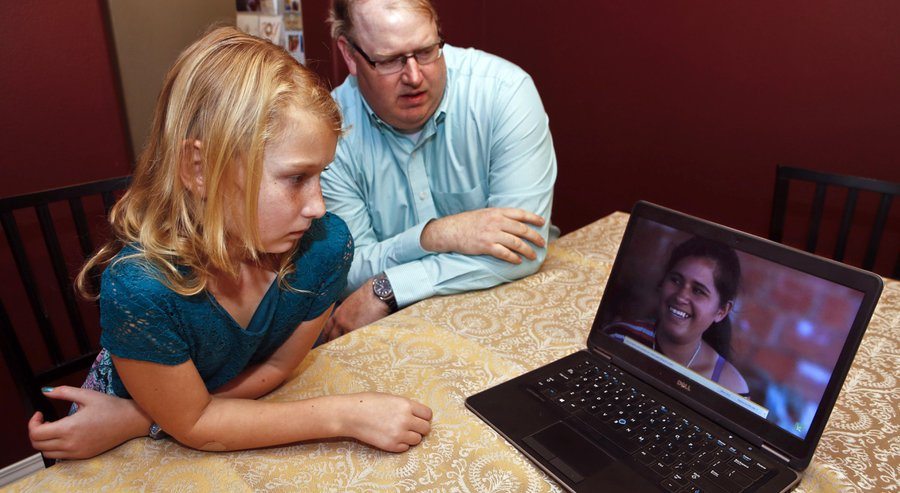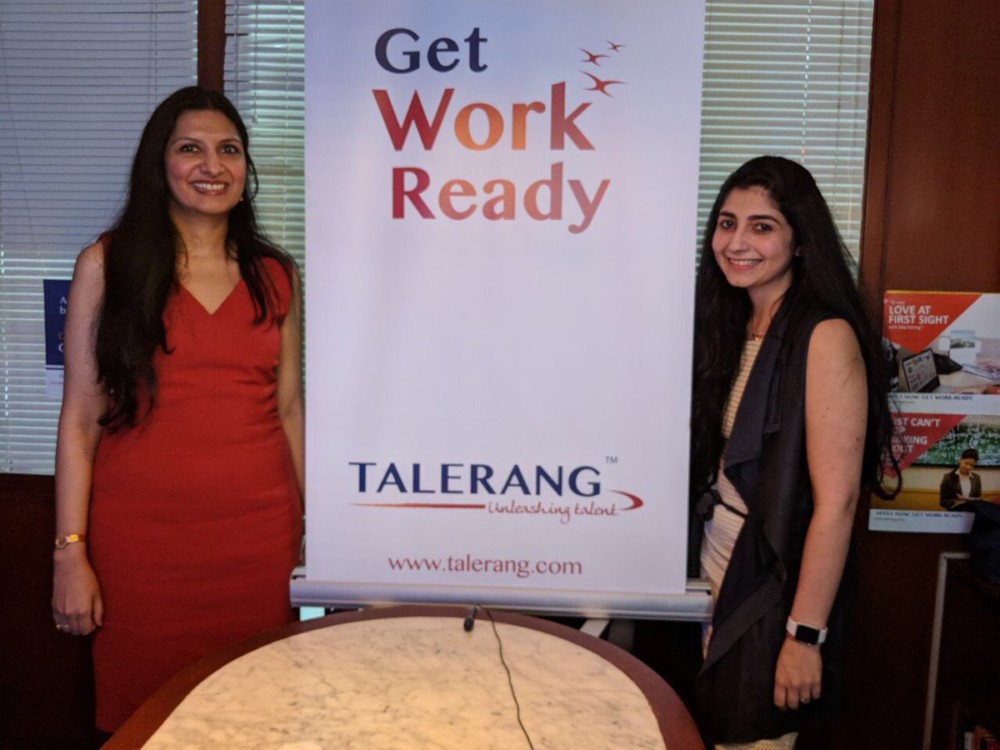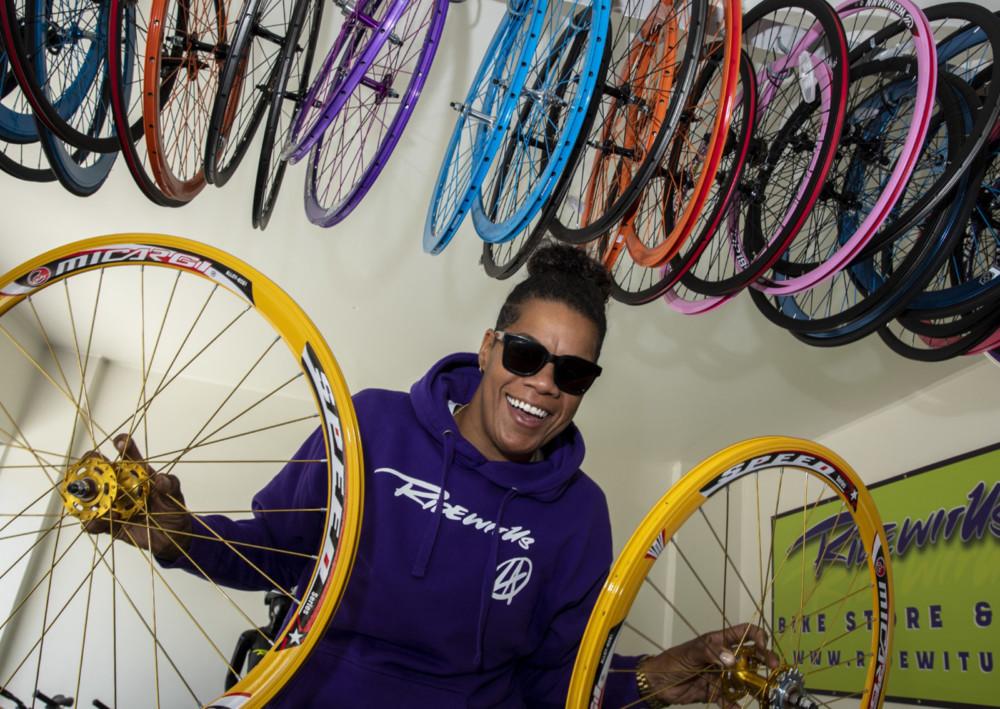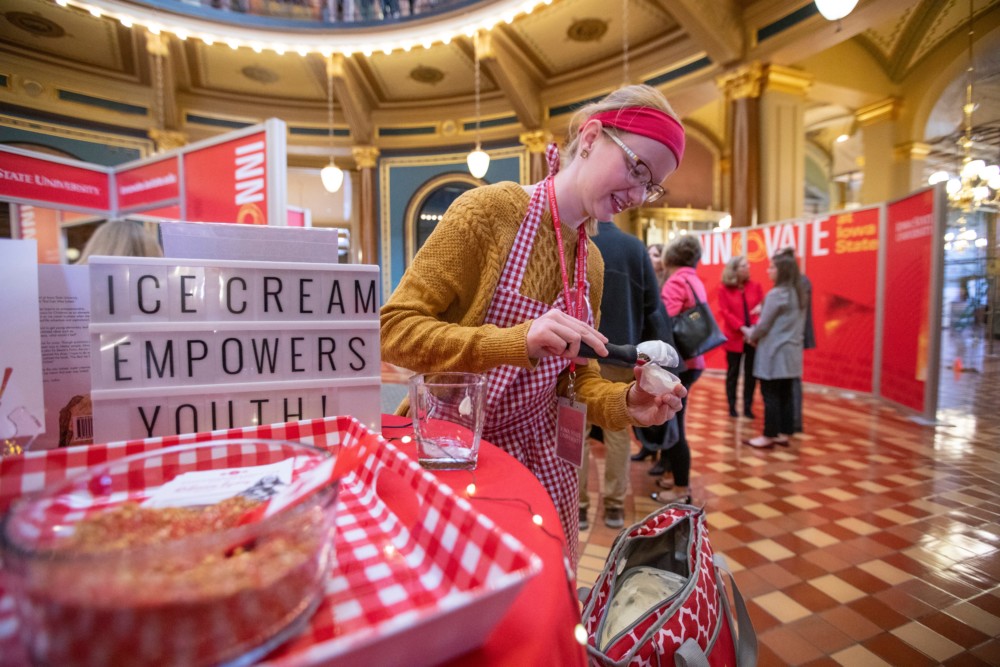By Pam Kragen
The San Diego Union-Tribune.
SAN MARCOS
After school on Monday, 9-year-old Amara Kirkpatrick did a little online shopping on her dad’s laptop computer. But the San Marcos fourth-grader wasn’t buying lollipop hammers for Candy Crush. She was making microloans to women in Lebanon, Peru and Tajikistan.
Over the past two years, Amara has made 45 loans totaling $1,125 to entrepreneurs, students and needy mothers in 18 countries. The precocious grade-schooler pays for the loans with a few hundred dollars she raised at a lemonade stand and by recycling cans, as well as $1,000 her father, David Kirkpatrick, won at a charity auction.
Although he introduced Amara to Kiva.org — the nonprofit microloan foundation that manages her account — Kirkpatrick said he’s allowed his daughter to make all the decisions about where, why and how much she wants to invest. And Amara has very definite opinions on where the money should go.
“I like to make loans to women, because in many parts of the world, women aren’t treated as well as they are here in America,” she said. “I also like to provide food because people need to eat. And I like investing in education. A lot of my loans are to women who need money to get their kids into school.”
Kirkpatrick said he started teaching Amara about money three years ago. First she learned how to make money by recycling soft drink cans. Then she learned how to save money with her first savings account.Then he decided to teach her how to use money for a good cause.
Two years ago, Kirkpatrick’s alternative energy company held an employee party where he won a $1,000 grant to be used for charity. He decided to use the grant as a teaching tool for Amara by creating a Kiva account in her name.
Founded in 2005, Kiva is a crowdfunding website where people needing small loans can create a profile through a network of volunteers and microfinance institutions in 83 countries. The loans, which range from a few hundred dollars to $3,000, have a 98 percent repayment rate and are usually paid back in two to three years.
Investors like Amara can contribute as little as $25 per loan to participate. If the loan customer can get enough investors to sign on, the loan is funded. Over the past 10 years, 1.3 million people have lent $803 million. Unlike many crowdfunding sites, Kiva does not take a processing fee.
Amara’s first loan two years ago was to Ityan, a 20-year-old woman in the Jordanian city of Irbid who wanted to buy a violin for her music studies in college.
“I just liked the idea that she was in college and she loved music,” said Amara, who attends San Elijo Elementary.
Some of Amara’s other favorite loan clients are Vang, a married mother in Vietnam who used her loan to buy seeds and fertilizer for her family’s agro-forestry project; Alba, a single mom in Honduras who is converting her coffee bean farm to organic production; and Mavis, a married mom in Ghana who wants to expand her home-based drinking water business.
So far, none of Amara’s clients have defaulted on their loans. Progress charts in her portfolio show repayment rates ranging from 16 to 98 percent, depending on the age of the loan. Once loans are paid off, like the one for Ityan’s violin, Amara reinvests the proceeds in new loans.
On Monday, Amara was in a shopping mood. After narrowing down her search to women, food and education categories, she also chose the region of Asia on a world map because she believes the need there is especially great.
After reading a few dozen profiles, Amara picked three women for new loans: Dunia, a Lebanese college student asking for help with tuition; Atrigul, a Tajik woman wanting to put her daughter in school; and Lesley Ruth, a college student in Peru. With her father watching silently by her side, she popped their profiles into a “shopping cart,” then with a few clicks she pledged $25 to each of their loan requests.
Amara said she would love to continue microlending until she goes away to college, where she’d like tostudy to become a lawyer, like her mom, Melissa Kirkpatrick of Encinitas.
She said it makes her feel good to know she’s helping others.
“I could spend my money on clothes or fun stuff,” she said, “but I like knowing I’m helping people allover the world.”

















































































































































































































































































































































































